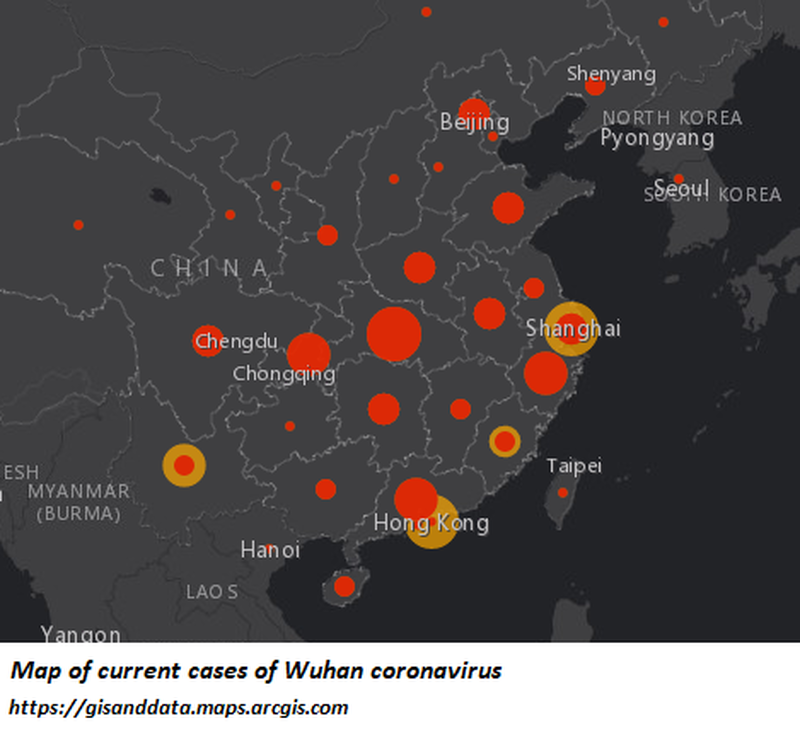Angela
Elite member
- Messages
- 21,823
- Reaction score
- 12,329
- Points
- 113
- Ethnic group
- Italian
I've sort of been ignoring it, thinking the media might be once again exaggerating everything, but doctors are now expressing concern that 1)China may have been and is under-reporting the number of incidents and numbers of deaths, that 2) contrary to original statements this thing is transmissible from human to human by air or contact with hard surfaces for hours, 3)can be spread during a ten day incubation period when no symptoms are present, and 4) it isn't dangerous just for the very old and immune compromised.
China expects things to accelerate.
https://www.youtube.com/watch?v=QqUn71O0B6k
Until a good vaccine is created, there's really no treatment. Antibiotics are useless since it's a virus.
The only intelligent option is quarantine. That's what stopped the latest Ebola outbreak. Why the Chinese government hasn't banned egress from their country until they have a better grip on this is beyond me. They've already put huge swathes of the country on lockdown, with no movie theaters open, no public transport, schools closed etc. Hong Kong has also closed its schools.
Another thing I don't understand is the refusal to get serious about the sale of wild animals for meat. For crying out loud, they have cameras everywhere, and you get demerits for wearing the wrong clothes and get put in jail for making a joke about the leadership, but the government lets markets openly sell snake and other meats in, from what everyone who has ever been to mainland China tells me, exceptionally unhygienic "markets"?
The great flu pandemic of 1918, which like this virus attacked the lungs, leading to pneumonia, killed millions worldwide, by some estimates 3-5% of the population.
https://www.ecohealthalliance.org/2...qtEFud_1Kmb-XjdIN1YYFj8G_z4-qQvhoCJjQQAvD_BwE
I think it's time to start taking this seriously.
Thin hospital masks are not the answer. Better to wear paper gloves and throw them out after you come inside, for one thing.
China expects things to accelerate.
https://www.youtube.com/watch?v=QqUn71O0B6k
Until a good vaccine is created, there's really no treatment. Antibiotics are useless since it's a virus.
The only intelligent option is quarantine. That's what stopped the latest Ebola outbreak. Why the Chinese government hasn't banned egress from their country until they have a better grip on this is beyond me. They've already put huge swathes of the country on lockdown, with no movie theaters open, no public transport, schools closed etc. Hong Kong has also closed its schools.
Another thing I don't understand is the refusal to get serious about the sale of wild animals for meat. For crying out loud, they have cameras everywhere, and you get demerits for wearing the wrong clothes and get put in jail for making a joke about the leadership, but the government lets markets openly sell snake and other meats in, from what everyone who has ever been to mainland China tells me, exceptionally unhygienic "markets"?
The great flu pandemic of 1918, which like this virus attacked the lungs, leading to pneumonia, killed millions worldwide, by some estimates 3-5% of the population.
https://www.ecohealthalliance.org/2...qtEFud_1Kmb-XjdIN1YYFj8G_z4-qQvhoCJjQQAvD_BwE
I think it's time to start taking this seriously.
Thin hospital masks are not the answer. Better to wear paper gloves and throw them out after you come inside, for one thing.


